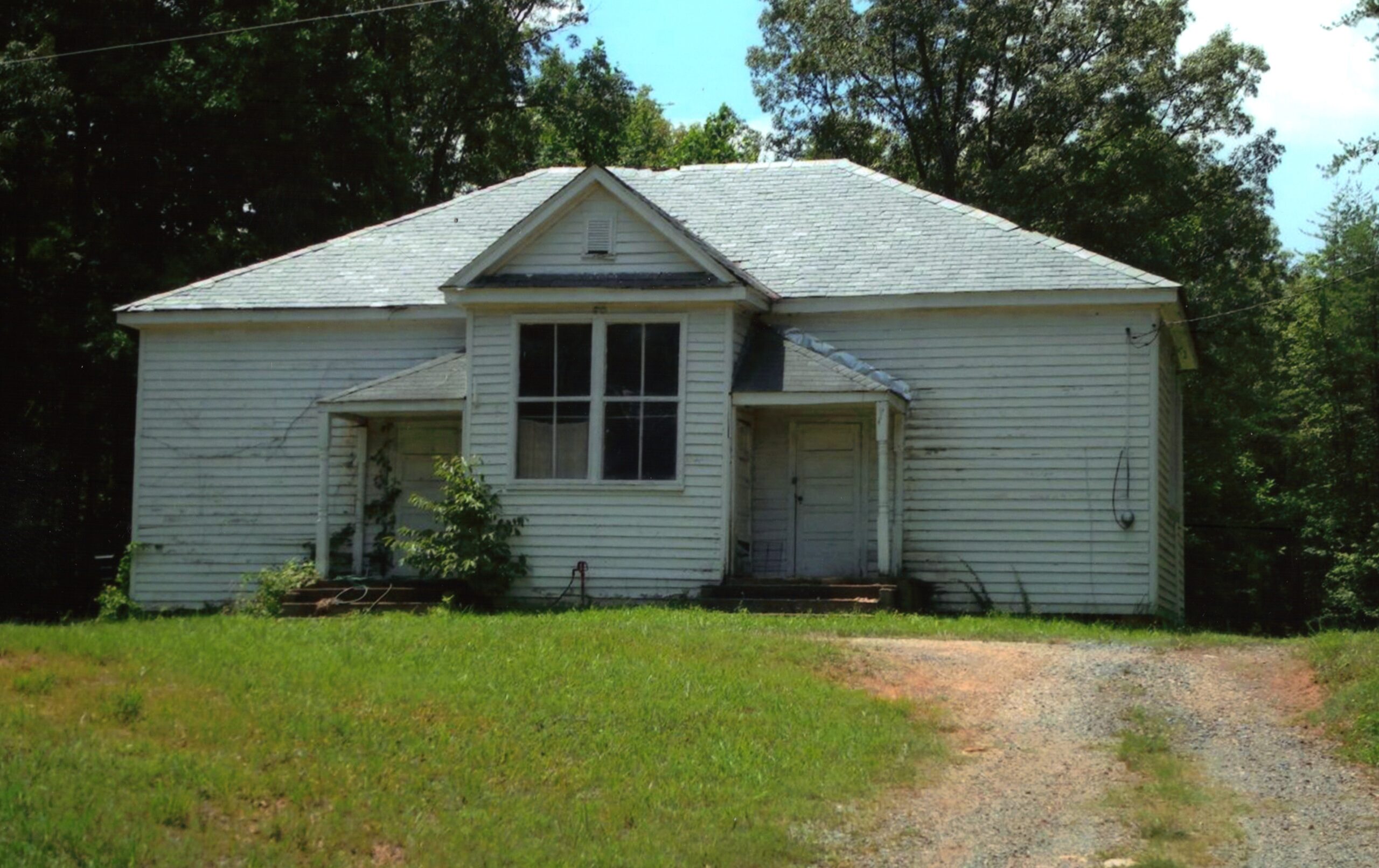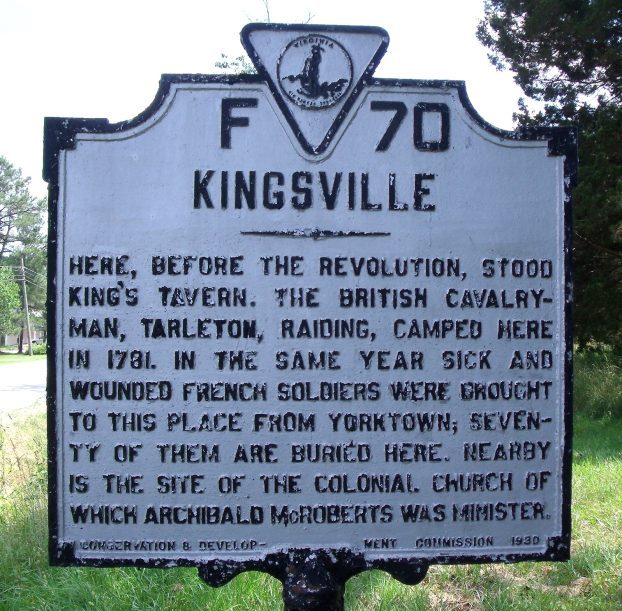Buckingham repair shop project goes back to another hearing
Published 8:27 pm Sunday, June 1, 2025
|
Getting your Trinity Audio player ready...
|
Donald Applegate originally filed his application back in February, requesting permission to open up a Buckingham repair shop. Over the last few months, his request has gone back and forth between the Buckingham planning commission and board of supervisors, unable to just get a simple thumbs up or thumbs down.
The issue at the board of supervisors has been about appeasing potential concerns of neighbors, requesting that Applegate put up a six-foot fence around the property at 17534 E. James Anderson Highway. However, Applegate doesn’t understand why that’s a need, seeing as he doesn’t have any neighbors for more than 800 feet in any direction and the adjoining property on each side is covered in trees and forest, along with vegetation on his own property. The application had been sent back to the planning commission to address “confusion” over what to do about the fencing. During the commission’s meeting on Tuesday, May 27, Applegate told the group he had no problem being a good neighbor. But he also didn’t want to pay for six-foot fencing that would do nothing but exist in the middle of a forest.
Instead, he suggested a compromise. Applegate said he would be glad to put up a fence if any of the adjoining landowners develop their property. If trees and forest suddenly turn into houses and yards, he had no problem building a fence at that point. But he wouldn’t just put up a fence 500 or 600 feet in any direction “just in case” someone might hear or see his business. Applegate also pointed out that at least for the front, having potential customers see his business is the point, so that it can be successful. Commission members agreed, as there have been no complaints, nor has anyone spoke against the idea at any of the public hearings held so far.
A compromise for Buckingham repair shop
Trending
And so, Applegate agreed that if anyone builds or develops within 50 feet of his property line, he will in the future build a fence. And he agreed to set up the six-foot privacy fence if he ever removed the vegetation around his property, which acts as somewhat of a natural fence.
“Honestly, whatever it takes to get it through,” Applegate told the commission. “I just want to get my business running.”
This application is for a special use permit to run a state inspection center and auto repair business, which would be named Church Automotive. In the application, Applegate explained the Church Automotive name “reflects the devotion and abilities that the business will maintain for the community. I have all the tools, experience and necessary equipment to operate a business of this nature. My goals are to start and build a reliable business to serve the citizens of Buckingham County and surrounding areas.”
Previous terms detailed
Under previously agreed terms, there would be no more than 10 to 15 vehicles being worked on at any time there, with no vehicle allowed to stay more than 10 days. Applegate also wanted to make it clear that there was no plan to start any type of scrapyard or junkyard with this project. You won’t be able to see the repair shop from the street and there would be no large vehicles being worked on.
So why does Applegate need to come and ask for a permit? Because his property and the surrounding area is zoned Agriculture (A-1). Buckingham’s zoning ordinance doesn’t allow a commercial garage and auto repair shop like he’s proposing in that area, at least not as a ‘by right’ permitted use. Instead, it can be approved through a special use permit, with authorization from the commission and later the Buckingham board of supervisors.
There are a couple more rules the county put in place that Applegate will have to follow. First, the right of way and roadway shoulders on E. James Anderson Highway can’t be used for parking. Second, the property has to be kept neat and orderly, which echoes back to Applegate’s promise not to have a junkyard or scrapyard situation.
What happens next?
Trending
Now because the case was sent back to the planning commission and new conditions have been agreed to, it has to go through another public hearing before the case can go back to supervisors for a vote. So that public hearing will be held at the planning commission’s meeting in June, marking five months since the case was first introduced.






